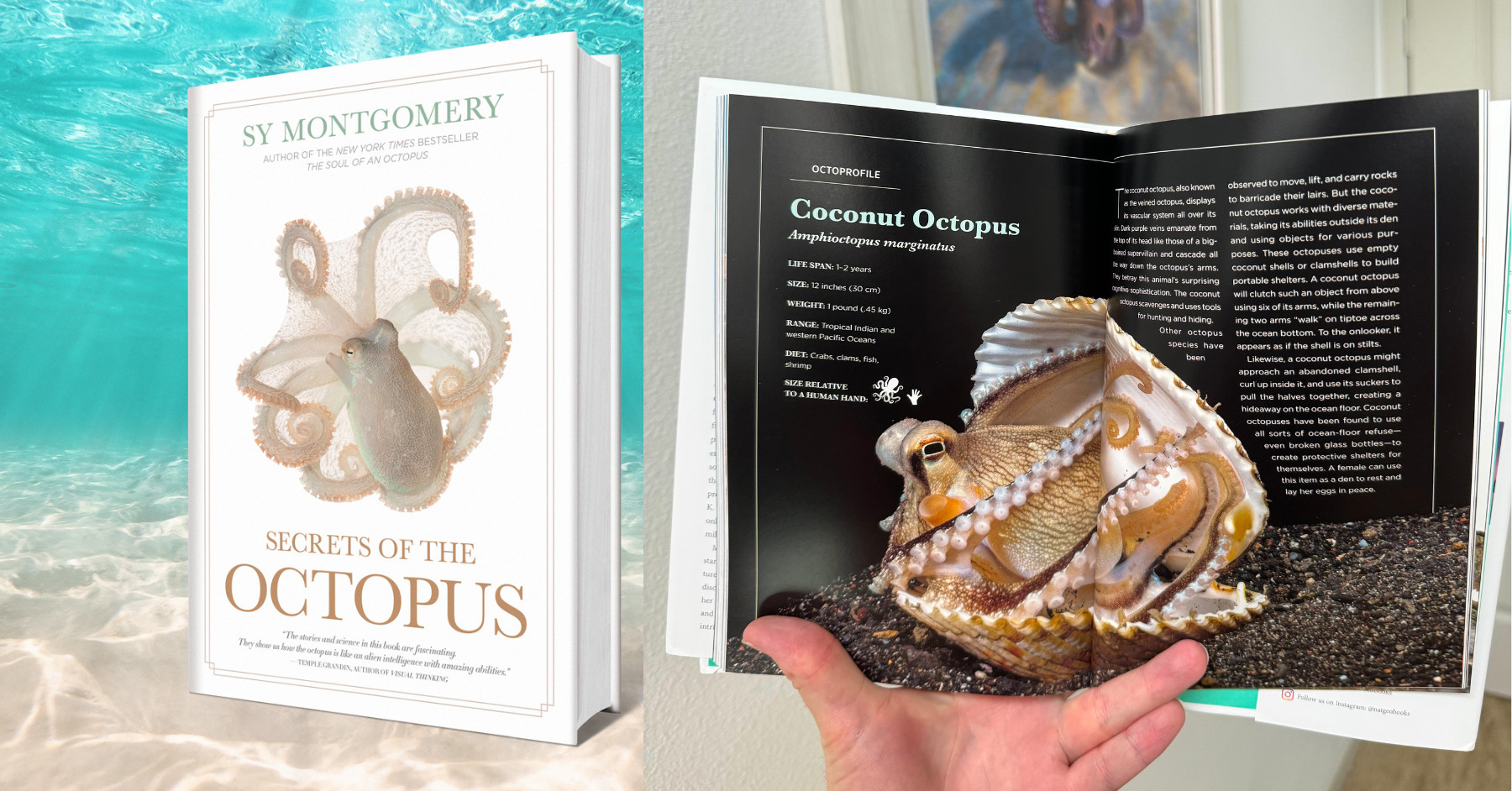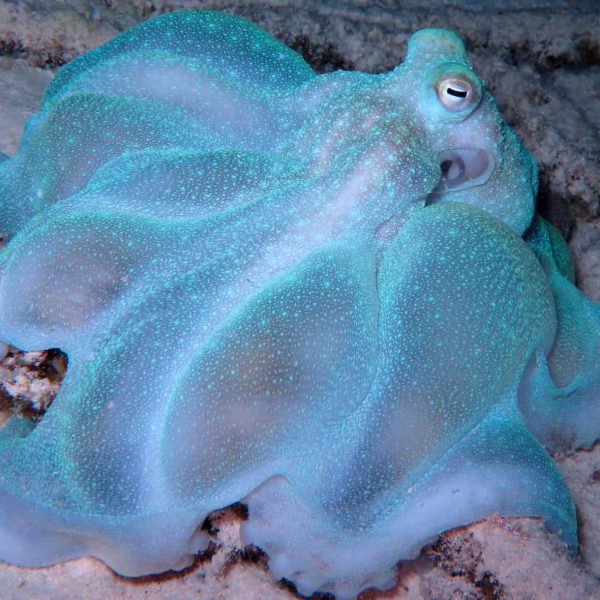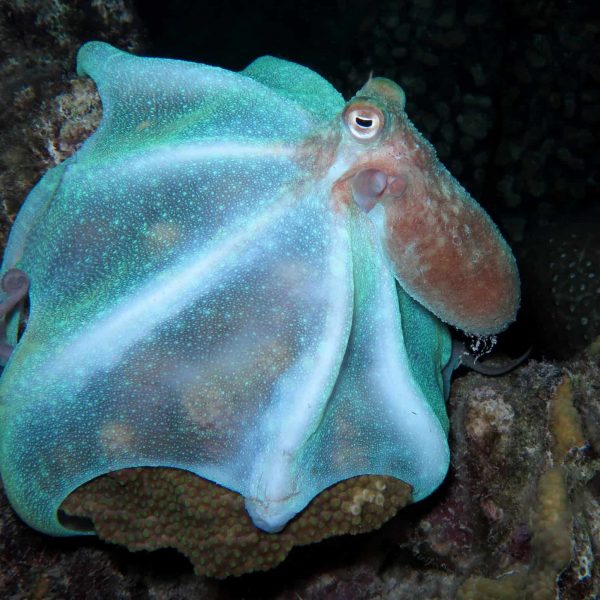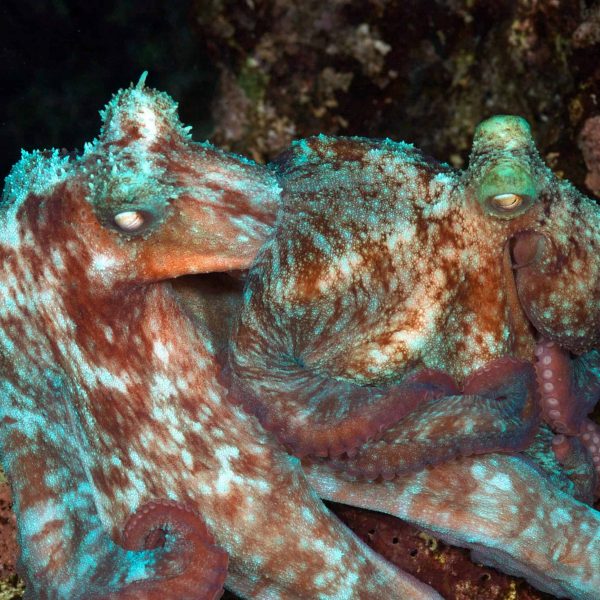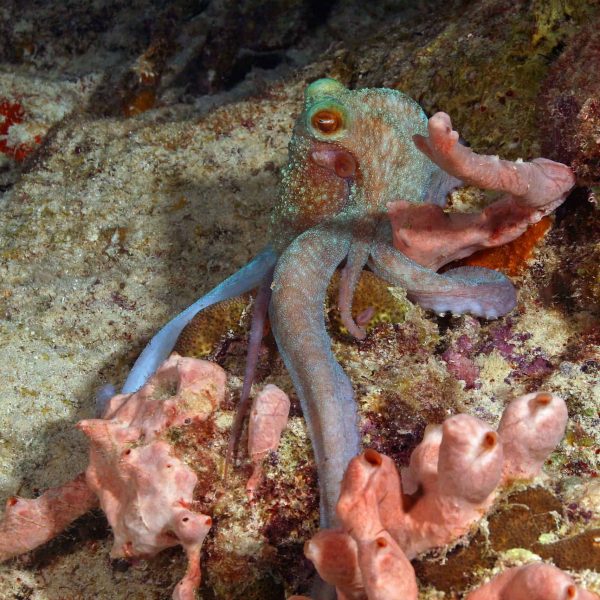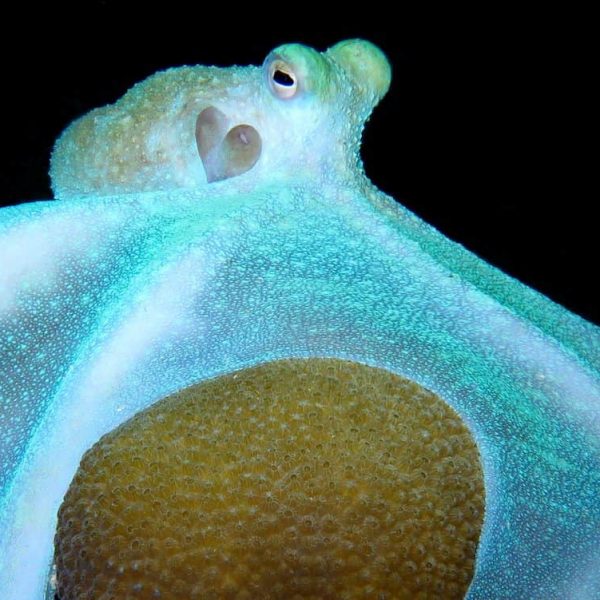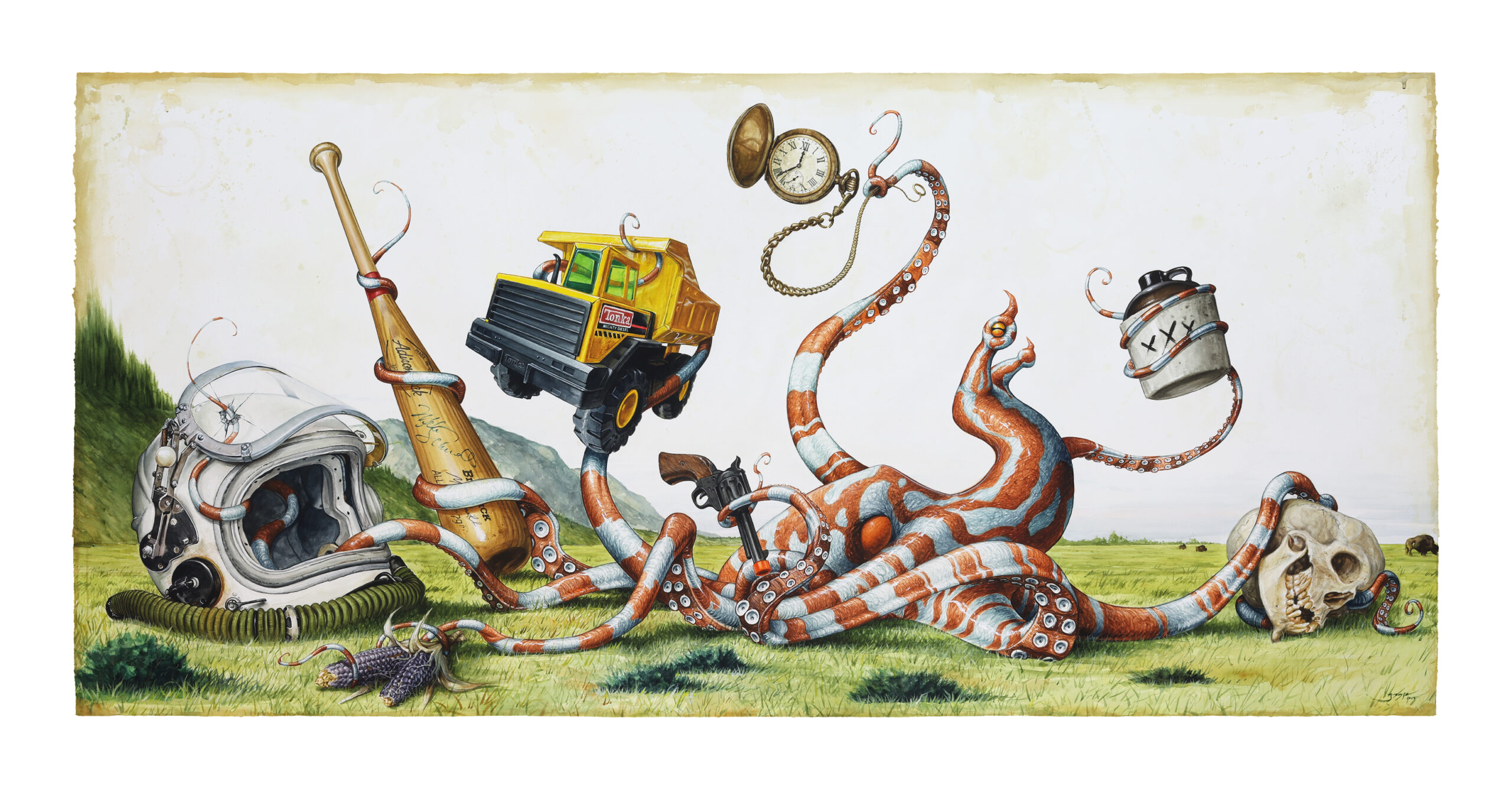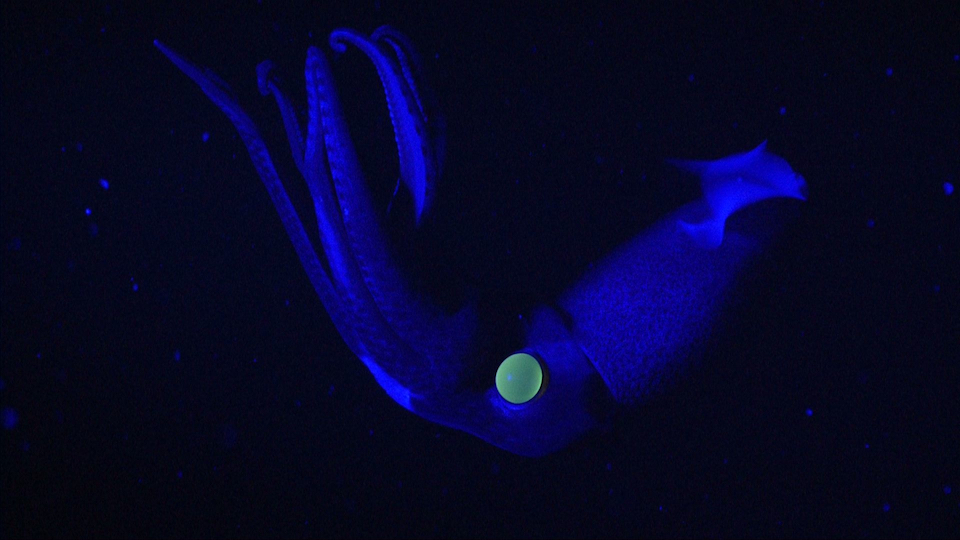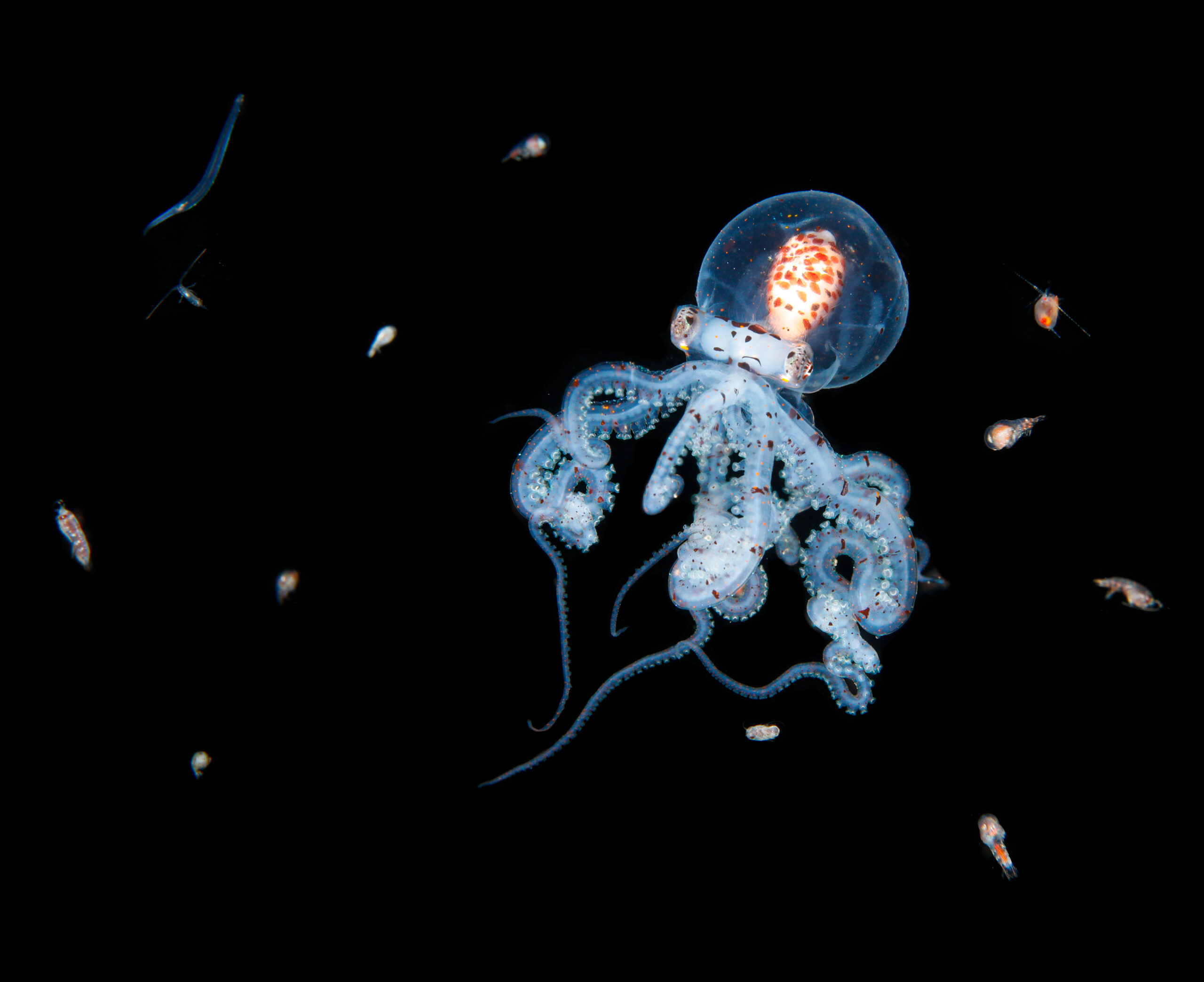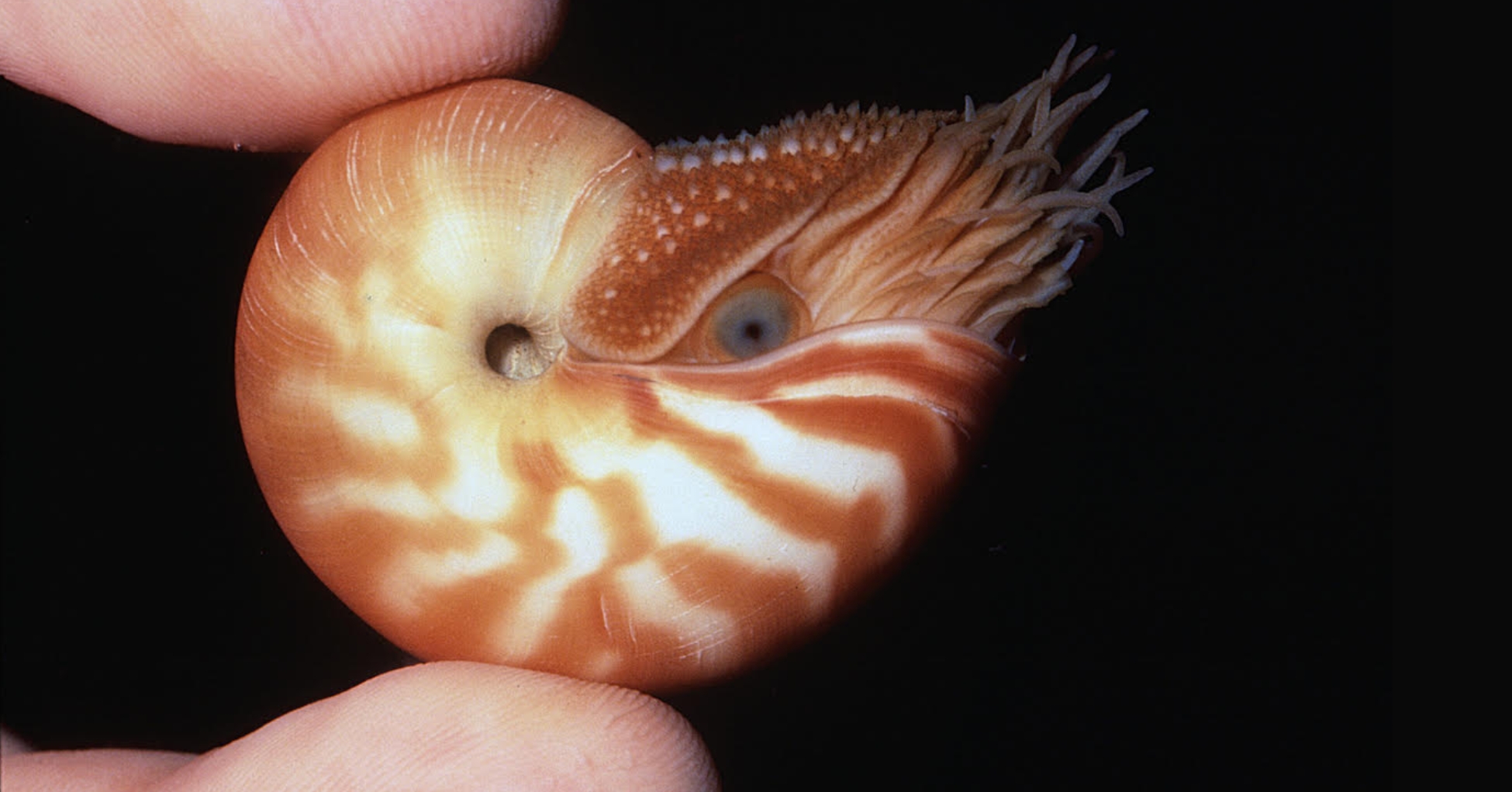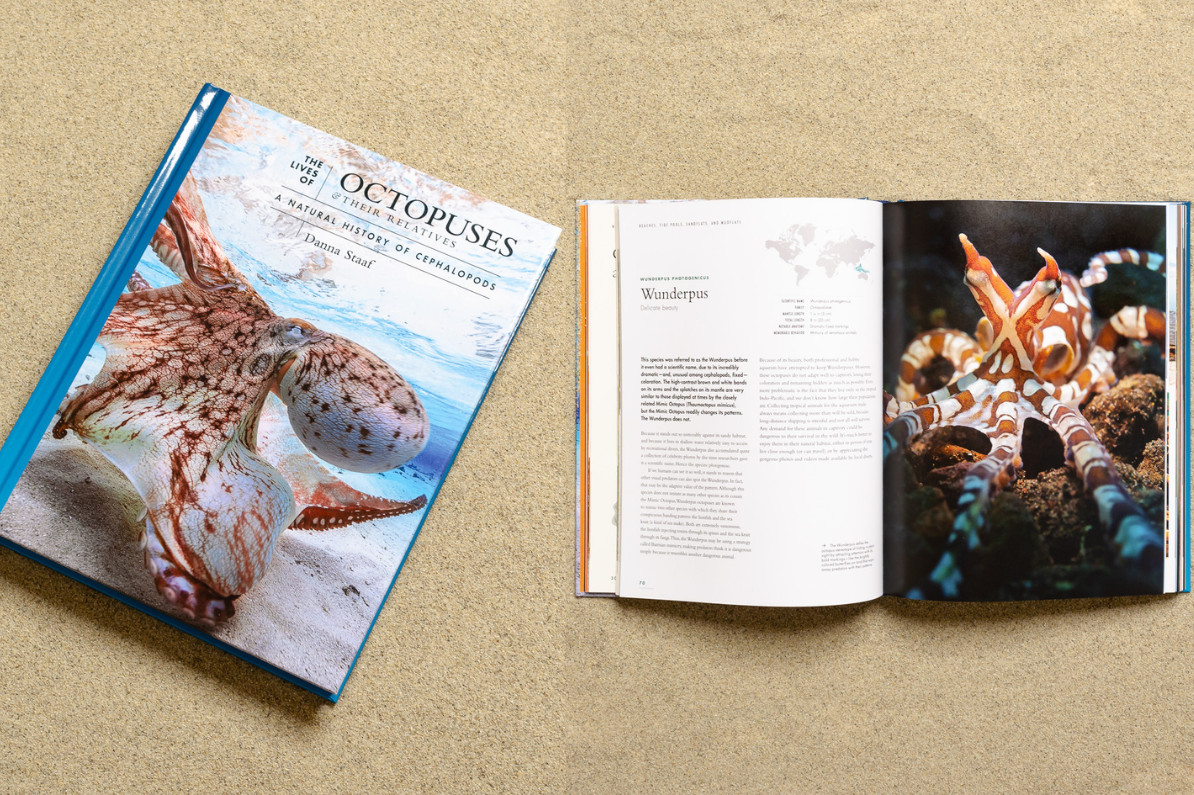Messenger, J.B. (1963) Behavior of Young Octopus briareus Robson. Nature 197:1186-1187. DOI: 10.1038/1971186a0
Borer, K. (1971) Control of food intake in Octopus briareus Robson. Journal of Comparative and Physiological Psychology. 75:171-185. ISSN: 0021-9940
Bouwma, P.E. and Herrnkind, W.F. (2009) Sound production in Caribbean spiny lobster Panulirus argus and its role in escape during predatory attack by Octopus briareus. New Zealand Journal of Marine and Freshwater Research 43:3-13.
Raising and Rearing Octopus briareus by Dr. James B. Wood, The Cephalopod Page (TCP), thecephalopodpage.org/rearing.php
Mohammed, Karen, 2015. Octopus briareus (Caribbean Reef Octopus), The Online Guide to the Animals of Trinidad and Tobago
Caribbean Reef Octopuses, Octopus briareus, The MarineBio Conservation Society – marinebio.org/species/caribbean-reef-octopuses/octopus-briareus
Jereb, P.; Roper, C.F.E.; Norman, M.D.; Julian K Finn (eds), Cephalopods of the world. An annotated and illustrated catalogue of cephalopod species known to date. Volume 3. Octopods and Vampire Squids. FAO Species Catalogue for Fishery Purposes. No. 4, Vol. 3. Rome, FAO. 2014. 370 p. 11 colour plates.
Lee, L. 2017. “Octopus briareus“, Animal Diversity Web.
Allcock, L. & Headlam, J. 2018. Octopus briareus. The IUCN Red List of Threatened Species 2018: e.T163175A980439. https://dx.doi.org/10.2305/IUCN.UK.2018-2.RLTS.T163175A980439.en
Caribbean Reef Octopus, Octopus briareus, CEPHALOPODS, CRUSTACEANS, & OTHER SHELLFISH, Oceana oceana.org/marine-life/cephalopods-crustaceans-other-shellfish/caribbean-reef-octopus
Octopus briareus Robson, 1929, Caribbean reef octopus, Palomares, M.L.D. and D. Pauly. Editors. 2019. SeaLifeBase, sealifebase.ca/summary/Octopus-briareus.html
